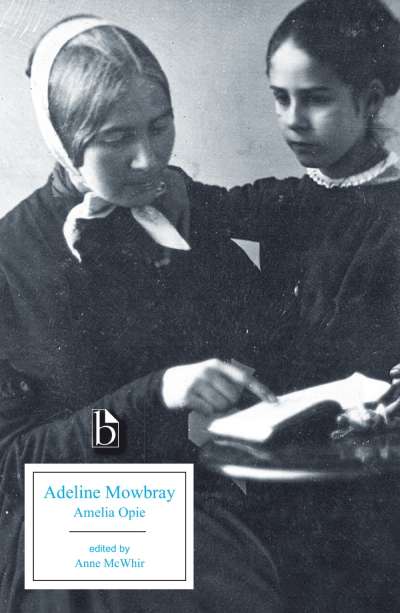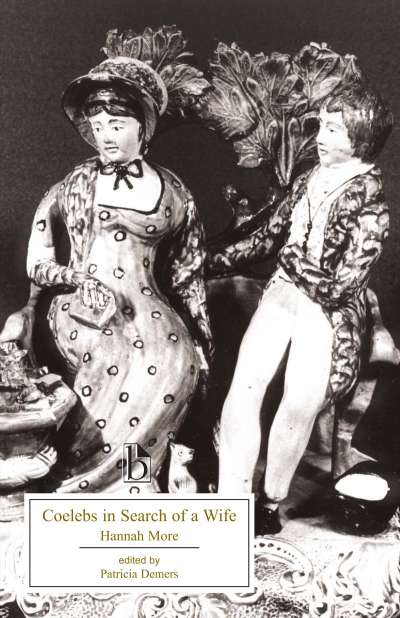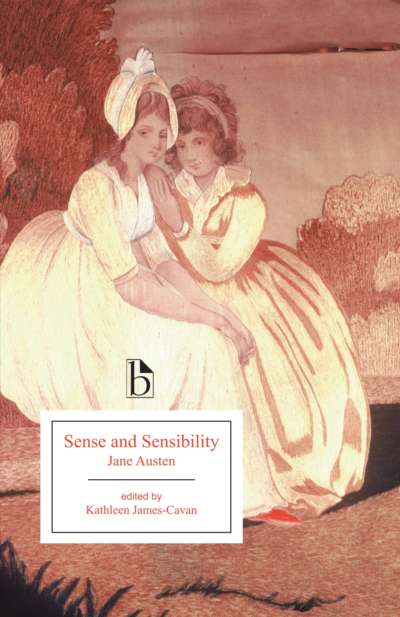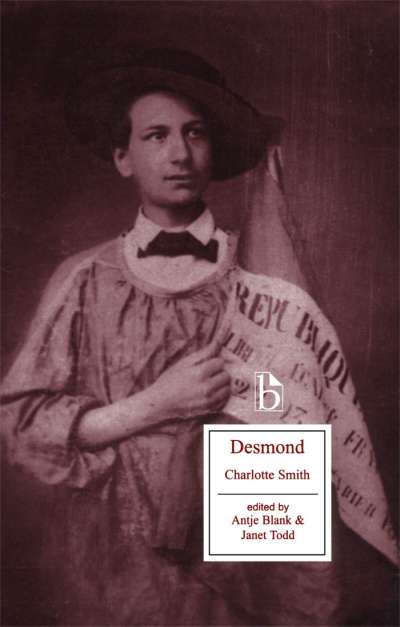Harrington (1817) is the personal narrative of a recovering anti-Semite, a young man whose phobia of Jews is instilled in early childhood and who must unlearn his irrational prejudice when he falls in love with the daughter of a Spanish Jew. In this novel, Edgeworth attempts to challenge prejudice and to show how literary representations affect public policy, while at the same time interrogating contemporary understandings of freedom in English society.
This Broadview edition includes a critical introduction and a judicious selection of appendices, including correspondence between Edgeworth and Rachel Mordecai Lazarus, excerpts from John Toland’s Letters to Serena and Reasons for Naturalizing the Jews, an excerpt from Isaac D’Israeli’s article on Moses Mendelssohn, and contemporary reviews of the novel.
Comments
“Psychologically acute and politically engaged, Harrington is a novel ahead of its time. Susan Manly’s edition of the 1817 text brings out the rich variety of religious, political and philosophical influences which shape Edgeworth’s fascinating work.” — Caroline Gonda, St. Catharine’s College, Cambridge
“Susan Manly’s new edition of Harrington, the first modern edition of Maria Edgeworth’s fascinating tale of the psychology and politics of prejudice, is wonderful. In addition to the marvelous introductory essay, Manly has edited and annotated the text generously with thoughtful notes, which are in turn supported by key primary readings, sources, and contemporary reviews. This edition will be a welcome addition to the libraries of general readers and academics alike.” — Judith W. Page, University of Florida
“A fine addition to Broadview’s well-edited and richly contextualized library of Romantic-era fiction and poetry, this edition will be of value to those interested in the position of the Jew in English literary history, as well as the intersecting fields of Romantic-era women’s writing, Irish literature, the history and philosophy of education, the national tale, and Romantic cosmopolitanism. Harrington offers astute insight into the psychology of prejudice and the sociopolitical structures by which it is perpetuated.” — Judith Thompson, Dalhousie University












